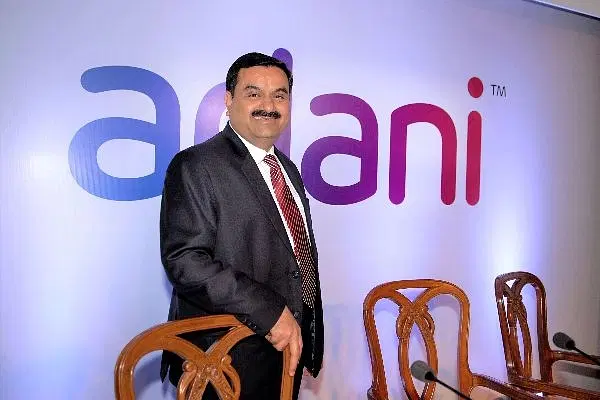In a significant ruling, the Kerala High Court has determined that the private viewing of pornographic images or videos, without sharing them with others, does not qualify as an offense of obscenity under Section 292 of the Indian Penal Code (IPC). The court emphasized that labeling such an act as an offense would intrude upon an individual’s privacy and interfere with their personal choices.
The ruling came in response to a plea filed by a man who had been arrested in July 2016 by Kerala police for watching obscene videos on his mobile phone while standing near the Aluva municipality.
The accused approached the high court to quash the criminal proceedings initiated against him under Section 292 of the IPC.
In its judgment, Justice P.V. Kunhikrishnan stated, “The question to be decided in this case is whether a person watching a porn video in his private time without exhibiting it to others amounts to an offense? A court of law cannot declare that the same amounts to an offense for the simple reason that it is his private choice, and interference with the same amounts to an intrusion of his privacy.”
The court also noted that there was no allegation that the accused had publicly exhibited the video. Justice Kunhikrishnan further clarified, “I am of the considered opinion that watching an obscene photo by a person in his privacy by itself is not an offense under Section 292 (obscenity) of IPC. Similarly, watching an obscene video by a person from a mobile phone in his privacy is also not an offense under Section 292 IPC. If the accused is trying to circulate or distribute or publicly exhibit any obscene video or photos, then the offense under Section 292 IPC is attracted.”
Consequently, the court concluded that no offense under Section 292 of the IPC was established against the accused and quashed all proceedings in the magisterial court related to the case.
The judgment also included a cautionary note to parents regarding providing mobile phones with internet access to their children. The court advised parents to be aware of the potential dangers and recommended allowing children to watch informative content and videos from their parents’ mobile phones under supervision. It emphasized the need to prevent unsupervised use of mobile phones by minors, particularly regarding access to explicit content, which could have “far-reaching consequences.”
The ruling underscores the importance of individual privacy and personal choices in the digital age while also serving as a reminder to parents to exercise vigilance in regulating their children’s access to explicit content on mobile devices.














